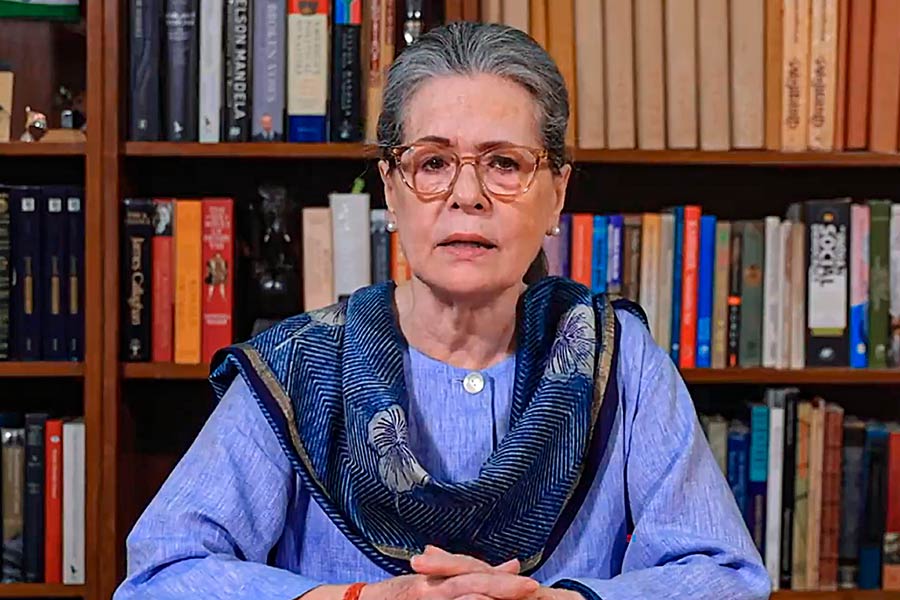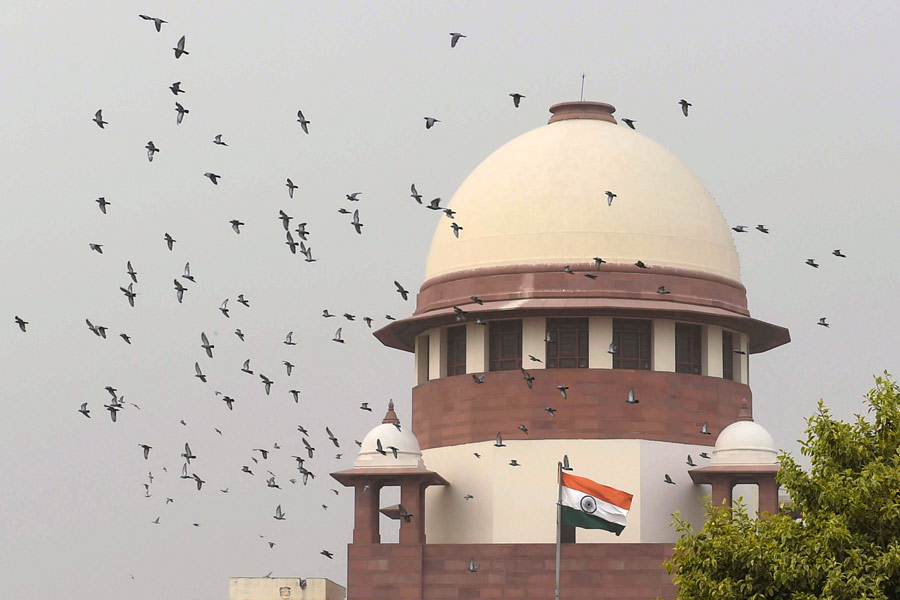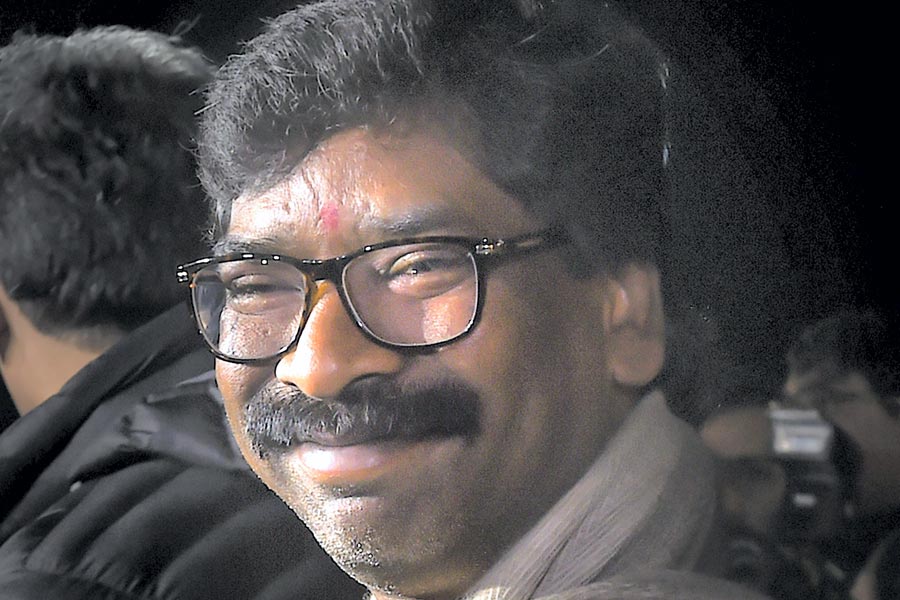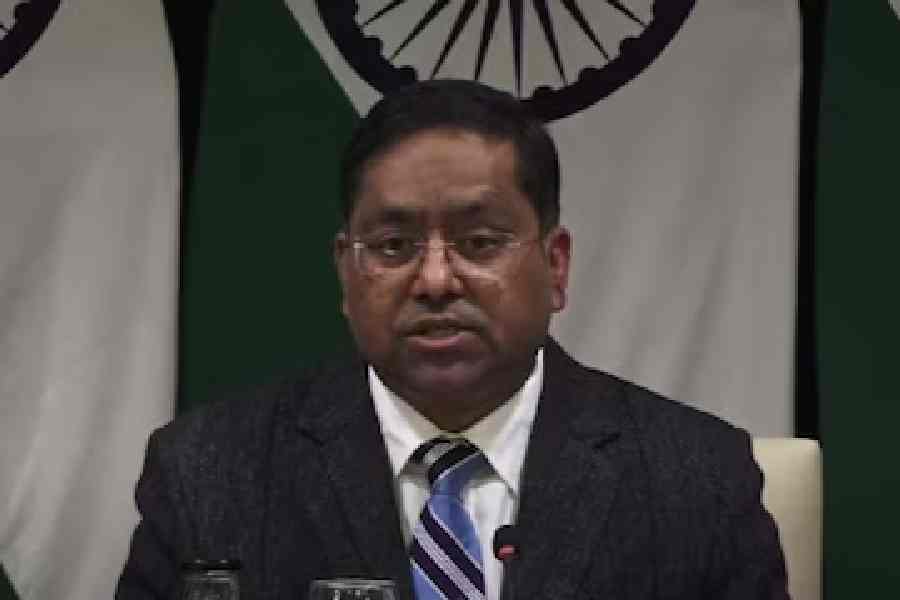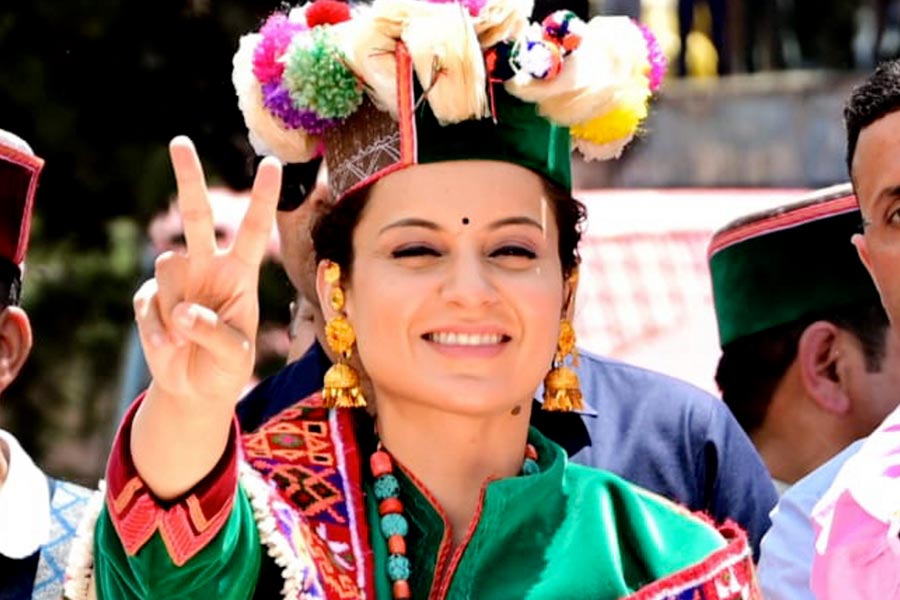A survey conducted among rural youths in the Darjeeling hills suggests that their job aspirations are largely limited to four professions, which is reflective of the poor education system and the lack of career counselling in villages.
The youths, however, identified education as their first area of concern.
The survey conducted by the Darjeeling-based Eastern Himalayan Foundation (EHF) and supported by the Azim Premji Foundation shows that a majority of rural youths want to become government employees and school teachers, join the army and start a business.
The survey covered 39 villages and tea plantations in the hills in the age group of 16 to 25 years with 60 per cent females among the 600-odd respondents.
“The top choices of the youths were government jobs (26 per cent), business (14 per cent), teaching at schools (12 per cent) and the army (11 per cent). Eleven per cent of the respondents had no aspirations,” Mashqura Fareedi, the founder and the CEO of the EHF, told The Telegraph.
As high as 30 per cent of the respondents had no concrete plan of action to achieve their goals.
The survey also included focused group discussions at six educational institutions — Bijanbari Degree College, Darjeeling Government College, St Joseph’s College North Point, Sonada Degree College, Little Angels School Relling and Relling High School — and in two proactive youth groups — Scavengers Darjeeling and Step Forward Welfare Society of Goke.
The challenges the youths faced in realising their goals were financial issues (23 per cent), lack of guidance (19 per cent), lack of time management (12 per cent) and family and domestic issues (10 per cent).
“In fact, 48 per cent of the total respondents financially support their families through full-time and part-time jobs like daily wage labour, tuitions, driving, the operation of shops and salons and those in 100-day rural employment scheme,” said Fareedi.
Most of the youths listed education as their top concern, followed by roads, sanitation, drugs and alcohol, unemployment, water; and physical and mental health.
“According to our survey, education was the most felt problem affecting their rights and progress. The issues with education ranged from absence of quality educational institutions (primary to graduation) to lack of teachers, lower attendance of students and school teachers,” the report stated.
Roads, too, seemed to be a concern for the youths, some of whom travelled 26km to attend college. “Roads were highlighted as the second most important issue. Roads are an indicator of development. Where they do not exist or are not properly maintained, access to basic facilities like education and health get restricted,” said the survey, which was analysed by Fareedi, and PhD scholars Rinan Shah and Nehal Raj Pradhan.
Following the findings, the EHF has started a fellowship in collaboration with Bijanbari and Darjeeling government colleges where 12 undergraduate students are given a 10-month-long training in enhancing their skills.


